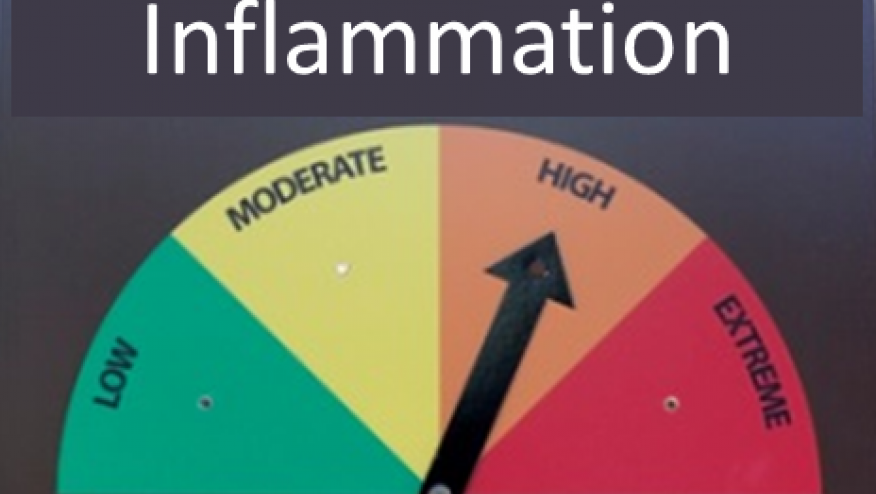LAVLI - A New Autoinflammatory Disorder Save

NIH researchers have have described a novel autoinflammatory disorder called "Lyn kinase-associated vasculopathy and liver fibrosis" (LAVLI), based on a mutation in the LYN gene (that encodes the Lyn kinase protein). They discovered that increased Lyn kinase activity promotes systemic inflammation, by altering microvascular permeability and neutrophil recruitment, while at the same time promoting hepatic fibrosis.
The authors describe 3 unrelated boys with perinatal-onset of neutrophilic cutaneous small vessel vasculitis and systemic inflammation; two of whom developed early liver fibrosis. They identified gene variants (p.Y508*, p.Q507*, p.Y508F) that results in constitutive activation of Lyn kinase and evidence of neutrophilic inflammation - a hallmark finding in many monogenic autoinflammatory diseases. Increased neutrophil adhesion and vascular transendothelial migration, results from increased ICAM-1 expression on endothelial cells and of β2-integrins expression on neutrophils.
LIVALI is a systemic autoinflammatory disorder that begins soon after birth with early inflammation and small vessel vasculitis and later, inflammation-induced liver fibrosis. Features of the disorder include fevers, diffuse purpuric skin lesions, high C-reactive protein levels, hepatosplenomegaly, transaminitis, thrombocytopenia. Later on patients develop either persistent LFTs, liver fibrosis and possibly autoantibodies (transiently elevated ANA, anti-Sm, anti-SSA, anti-mitochondrial, and anti-phospholipid antibodies). Other clinical manifestations include intermittent abdominal and testicular pain, headaches, conjunctival and periorbital erythema, arthralgias, myalgias, fasciitis and muscle edema by MRI.
Importantly, the use of TNF inhibitors improved systemic inflammation; and liver fibrosis resolved on treatment with the Src kinase inhibitor dasatinib.










If you are a health practitioner, you may Login/Register to comment.
Due to the nature of these comment forums, only health practitioners are allowed to comment at this time.